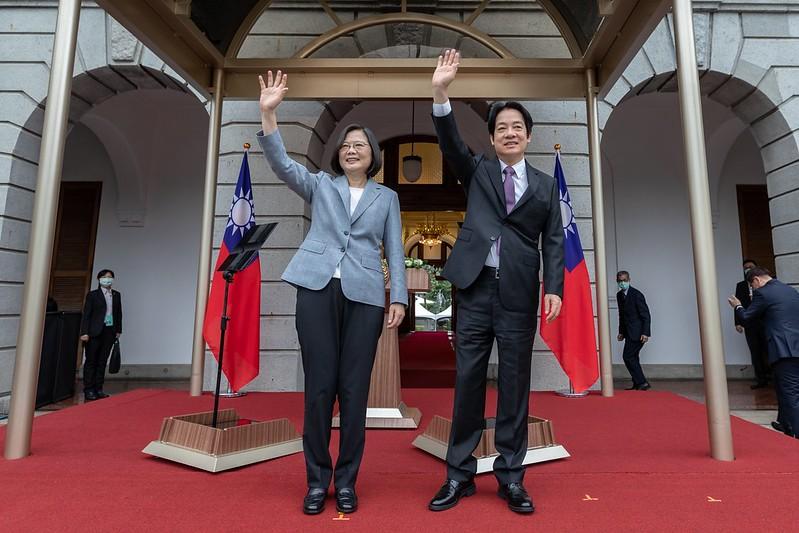TAIPEI, Taiwan—President Tsai Ing-wen was inaugurated for her second term in office on May 20, telling Beijing that she will continue to engage in cross-strait talks but China’s proposal of “one country, two systems” model is off the table.
“Here, I want to reiterate the words ‘peace, parity, democracy, and dialogue.’ We will not accept the Beijing authorities’ use of ‘one country, two systems’ to downgrade Taiwan and undermine the cross-strait status quo. We stand fast by this principle,” said Tsai in her inaugural speech.




